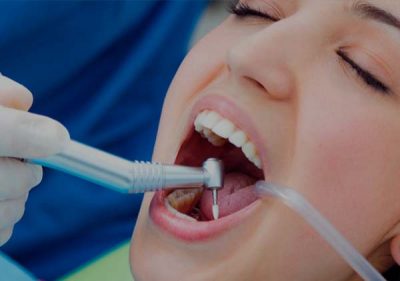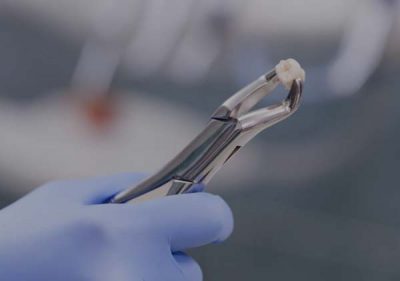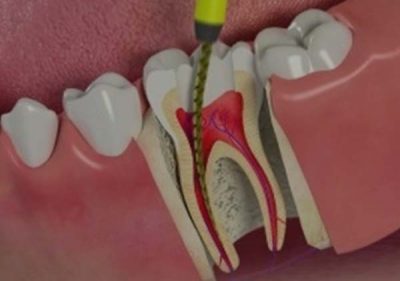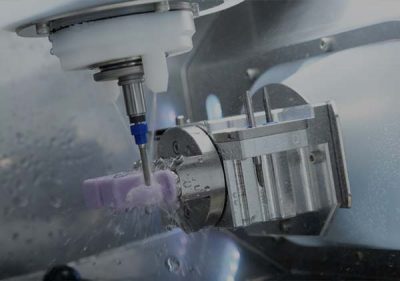Calgary Dental Services
Cleaning & Prevention

Fillings

Extractions

Root Canals

Crowns & Bridges
Dental Crowns are dental restorations otherwise known as “caps” which are coverings that fit over teeth. Dental Crowns are made of natural looking porcelain and are made to improve your overall smile or to blend in with your own teeth. Sometimes underlying metal is used under the porcelain if additional strength is needed. Crowns are durable coverings that surround the entire visible portion of the tooth, providing extra strength and stability to the tooth. Crowns have many applications, including hiding large, dark fillings, protecting teeth that are cracked or fractured, adding durability to teeth that have had a root canal procedure and protecting teeth that support a dental bridge. They can also be used to hide deep discoloration that can’t be treated with teeth whitening procedures. Dental Crowns may be necessary because of broken fillings, fractured, chipped or sensitive teeth. Crowns are also used to improve the appearance of natural teeth that are malformed, malpositioned or discolored.
A dental bridge is a device that’s used to replace one or more missing teeth. It’s called a bridge because it spans the gap left by a missing tooth, securing to the teeth on either side of the gap. The bridge supports and is shaped to look just like natural teeth. We offer Roland in office crowns which are designed and made during one appointment.

Veneers
Veneers are very thin, durable, translucent, tooth-colored porcelain that are applied to the front surfaces of teeth to hide an array of cosmetic defects, including:
- deep stains that whitening cannot correct
- gaps between teeth (diastimas)
- teeth that appear crooked
- teeth that look too small in comparison with other teeth or in proportion to the size of the mouth
- teeth that are chipped or cracked
- uneven or worn tooth surfaces

Roland Same Day Crowns
During the CAD (computer-aided design) part of the patient’s visit, a scanner scans the teeth and the computer analyzes the tooth to be crowned and surrounding teeth and designs an appropriately sized and shaped crown, under the direction of the dentist. Once the dentist is satisfied with the design, he sends the three-dimensional image to a special milling machine, the Roland, that sculpts an exact model of the crown. The mill constructs the crown through the use of CAM (computer-aided milling).
There are a variety of advantages to Roland crowns. Time-consuming molds created in an off-site lab, are no longer necessary for a majority of crown cases. The need to wear a temporary crown is eliminated because the permanent Roland crown is created, crafted and fitted in just one visit, thus saving time and stress.

Whitening


